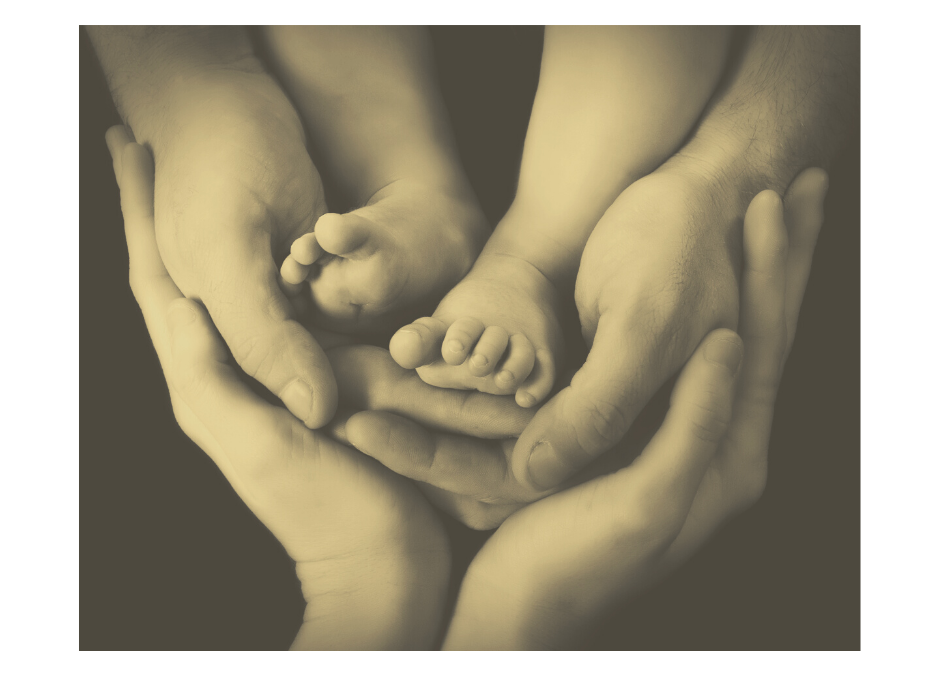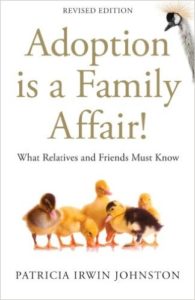 I’ve mentioned earlier this year that our first grandchild will be born any day. I’ve been caught up in the tidal wave of excitement along with other family members and friends. A wide swath of support and joy has surrounded the delighted expectant parents. At every level, this baby is immersed in a community that oozes happiness at the prospect of his existence.
I’ve mentioned earlier this year that our first grandchild will be born any day. I’ve been caught up in the tidal wave of excitement along with other family members and friends. A wide swath of support and joy has surrounded the delighted expectant parents. At every level, this baby is immersed in a community that oozes happiness at the prospect of his existence.I simultaneously ponder how an adopted child’s gestation differs dramatically. His conception is startling, unplanned. A crisis. Emotions swing from joy to panic as the expectant parents frantically struggle to determine how to gather the resources necessary to parent their unexpected baby. When that does not succeed they may make an adoption plan for this precious life they’ve conceived. Perhaps the child will be placed in foster care. This emotional, dramatic, and chaotic prenatal environment stresses the baby. The overwhelmed mother and father struggle with intense emotions, difficult decisions, advice from family, friends, counselors, and social workers. Imagine for a moment what it is like for an expectant mother who is considering an adoption plan when strangers notice, comment on her visibly pregnant body, and enthuse about how thrilled/excited, etc. she must be. Can you feel the razor blades of grief? The unborn baby does. And it shapes him.
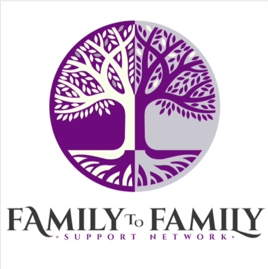 How can we adoptive parents prepare ourselves to be ready to meet this child’s unique needs? We must immerse ourselves in the world of Adoption Attuned Parenting. Lamaze classes won’t be on your agenda. However, there’s still plenty to learn–particularly regarding attachment styles and how they affect parent/child relationships. Learn about grief and loss issues–the child’s and your own–so that their responses do not trigger your own hot buttons. Read widely. Listen to podcasts like this one from Family to Family in which Brina, a young birth mother, recounts her experience with open adoption. She shares how she made her decision, selected prospective adoptive parents, her labor and delivery experience, and her life since placing her son. Very powerful and enlightening.
How can we adoptive parents prepare ourselves to be ready to meet this child’s unique needs? We must immerse ourselves in the world of Adoption Attuned Parenting. Lamaze classes won’t be on your agenda. However, there’s still plenty to learn–particularly regarding attachment styles and how they affect parent/child relationships. Learn about grief and loss issues–the child’s and your own–so that their responses do not trigger your own hot buttons. Read widely. Listen to podcasts like this one from Family to Family in which Brina, a young birth mother, recounts her experience with open adoption. She shares how she made her decision, selected prospective adoptive parents, her labor and delivery experience, and her life since placing her son. Very powerful and enlightening.
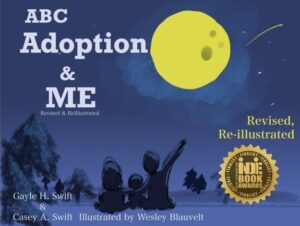 Read about adoption. Choose books that recognize adoption-attuned concepts and strategies, that acknowledge grief and loss issues, and prepare you for the unique experience of adoptive parenting. Be sure to include some that address the more difficult parts of adoption so that your child knows it is acceptable to discuss. Provide books that explore adoption from the child’s point of view. This will help him see how other children think about their adoptions and will help him express his feelings to you. It will help frame his complicated feelings into words. Plus, it will demonstrate that you are open to talking about these complex emotions. More importantly, you will convey that you are strong enough to hold both his joy and his sorrow.
Read about adoption. Choose books that recognize adoption-attuned concepts and strategies, that acknowledge grief and loss issues, and prepare you for the unique experience of adoptive parenting. Be sure to include some that address the more difficult parts of adoption so that your child knows it is acceptable to discuss. Provide books that explore adoption from the child’s point of view. This will help him see how other children think about their adoptions and will help him express his feelings to you. It will help frame his complicated feelings into words. Plus, it will demonstrate that you are open to talking about these complex emotions. More importantly, you will convey that you are strong enough to hold both his joy and his sorrow.
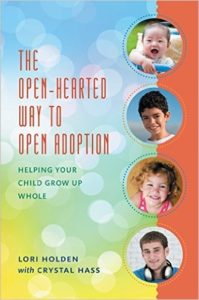 Advances in neurobiology have deepened our understanding of infant and childhood grief. Open Adoption, while not a panacea, does eradicate secrecy and reduce the shame that infused closed adoptions; it is worth exploring or pursuing. (Check out Lori Holden’s book, The Open-hearted Way to Open Adoption. Read Gayle’s review of Lori’s book. Please refer to our website for an additional list of suggested resources and books that are some of our favorites. Educate yourself, your family, and your friends.
Advances in neurobiology have deepened our understanding of infant and childhood grief. Open Adoption, while not a panacea, does eradicate secrecy and reduce the shame that infused closed adoptions; it is worth exploring or pursuing. (Check out Lori Holden’s book, The Open-hearted Way to Open Adoption. Read Gayle’s review of Lori’s book. Please refer to our website for an additional list of suggested resources and books that are some of our favorites. Educate yourself, your family, and your friends.Listen to our podcasts: Adoption Matters: Real People. Real Life. Real Talk and Essentials of Adoption Attuned Parenting
